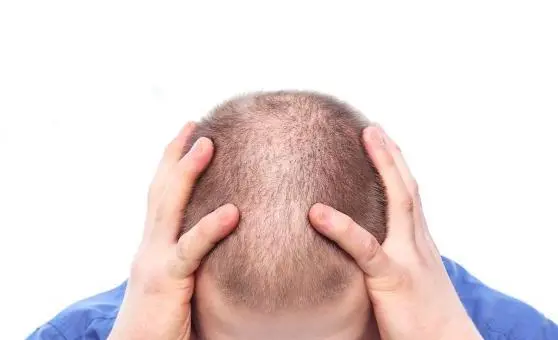Hair loss affects millions of Americans, impacting not just physical appearance but also mental wellbeing. Many individuals experience a decline in self-confidence as they watch their hairline recede or thin over time. This is where hair transplantation comes in as a potential solution that goes beyond cosmetic improvement.
Understanding Hair Loss and Its Emotional Impact
Hair loss doesn't discriminate. It affects roughly 50 million men and 30 million women in the United States alone. When someone begins losing their hair, it can trigger:
- Anxiety about appearance
- Decreased self-esteem
- Social withdrawal
- Depression in severe cases
According to a recent survey, 60% of hair loss sufferers would rather have more hair than money or friends. This statistic highlights how deeply hair loss can affect a person's psychological state.
What Is Hair Transplantation?
Hair transplantation is a surgical procedure that moves hair follicles from one part of the body (donor site) to the balding area (recipient site). Modern techniques have evolved tremendously under experts like Dr. Koray Erdogan, who specializes in creating natural-looking results.

Common Hair Transplant Techniques
Technique Description Recovery Time FUT (Follicular Unit Transplantation) Removes a strip of scalp for harvesting follicles 2-3 weeks FUE (Follicular Unit Extraction) Extracts individual follicles directly 1-2 weeks DHI (Direct Hair Implantation) Uses specialized tools for immediate implantation 1 week
Each technique has its advantages, making personalized consultation essential for determining the right approach for each individual.
The Transformation Journey: Before and After
The hair transplantation journey typically follows these steps:
- Initial consultation and assessment
- Procedure planning based on hair type and loss pattern
- Surgery day (typically 4-8 hours)
- Recovery period (1-2 weeks)
- Growth phase (results visible after 6-12 months)
It's important to note that patience is key during this journey, as final results take time to develop.
The Psychological Benefits of Hair Restoration
Rebuilding Self-Image
When individuals regain their hair, they often report seeing themselves as "whole again." This reconnection with their former self-image can be profoundly healing.
Professional Confidence
Studies show that people with fuller hair are often perceived as more youthful and energetic in professional settings. After transplantation, many patients report:
- Greater confidence during job interviews
- More assertiveness in meetings
- Increased willingness to pursue promotions
Social Confidence
Hair restoration often leads to significant improvements in social interactions:
- 78% of patients report feeling more attractive
- 67% become more active in dating and social events
- 82% feel less self-conscious in public settings
Real-Life Success Stories
Many patients describe their hair transplantation as "life-changing." As one 42-year-old patient of Dr. Koray Erdogan shared: "I stopped looking in mirrors for five years. Now I can't stop smiling at my reflection."
Setting Realistic Expectations
While the benefits are significant, it's crucial to maintain realistic expectations:
- Results vary based on individual factors
- Multiple sessions may be needed for optimal results
- Some maintenance might be required
Factors Affecting Results
- Donor hair quality
- Extent of hair loss
- Age and health status
- Surgeon's expertise (why choosing specialists like Dr. Koray Erdogan matters)
Beyond the Procedure: Maintaining Results and Confidence
Hair transplantation is often just one part of a comprehensive approach to hair wellness. Post-procedure care might include:
- Specialized hair products
- Medication (like finasteride or minoxidil)
- Regular follow-ups
- Healthy lifestyle choices
Patients looking for reliable aftercare resources and transplant advice often use this website to connect with trusted clinics and stay informed about ongoing hair wellness.
Is Hair Transplantation Right for Everyone?
While highly effective, hair transplantation isn't the universal solution for all. Good candidates typically have:
- Sufficient donor hair
- Stabilized hair loss
- Realistic expectations
- Good general health